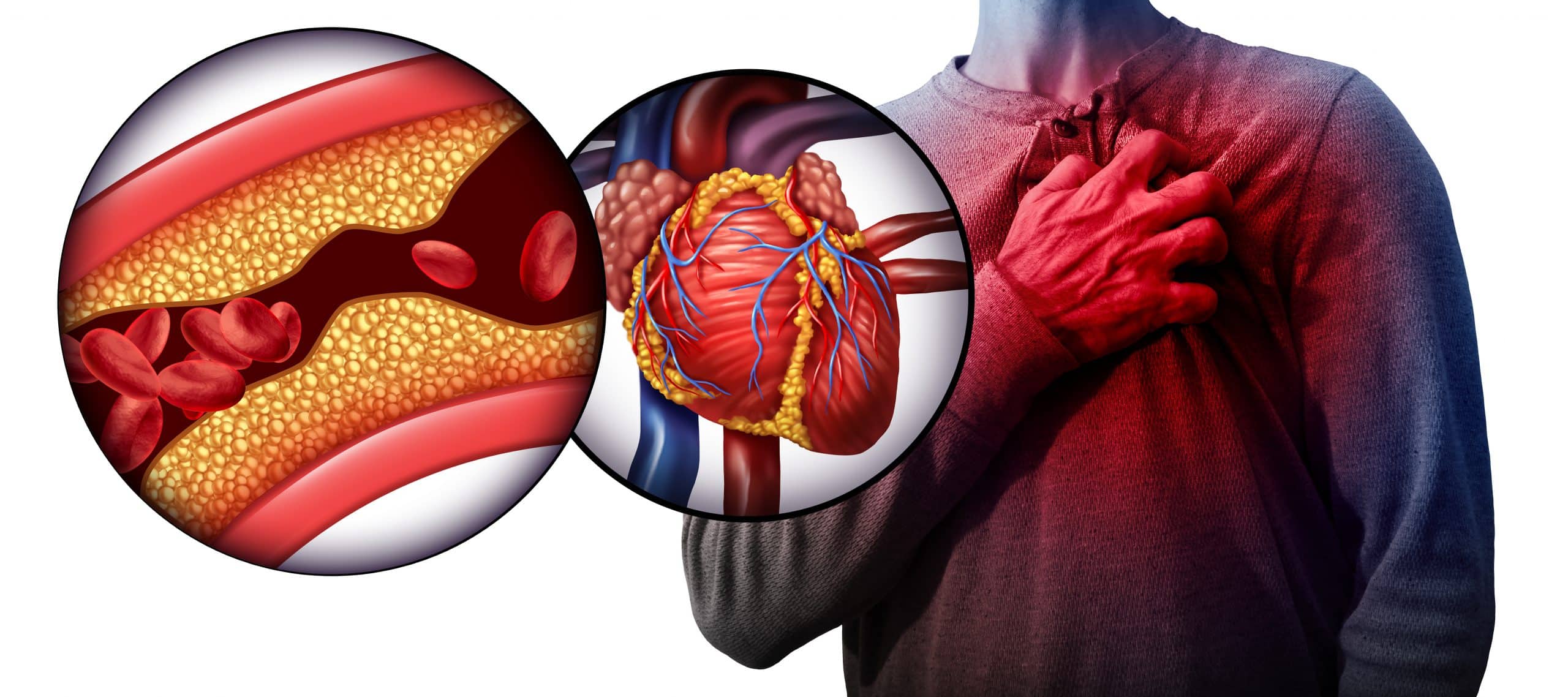We all know that cardio is a great way to promote a heart healthy lifestyle. Going for a long walk, riding your bike or taking a jog are all simple ways to get your heart rate up; something cardiologists always encourage. And if cardio is good for your heart, then marathon runners should have the healthiest hearts of all, right? As a recent study shows, however, it’s not that simple.
In the past few decades, many avid marathon runners have suffered from heart attacks. This includes the famous marathon runner, Jim Fixx, author of “The Complete Book of Running,” who died of a heart attack in 1984, leaving the world shocked. This new and confusing development inspired scientists and doctors to do more research on the effects of long-term, strenuous cardio workouts.
Different Studies; Different Results
One of the most famous articles on the topic was published in The New York Times in 2017, with a headline stating, “You can’t outrun your past.” This article discusses the issue at length and came to the conclusion that marathon runners are suffering from heart attacks and heart disease due to their old bad habits. This has become known as the “Jim Fixx Effect,” because during his 17-year career as a marathon runner, Fixx had been overweight and was a heavy smoker. However, while this may account for some of the marathon runners suffering from heart conditions, other researchers suggest there is more going on than people’s previous bad habits coming back to haunt them.
Another study that was published in a 2014 volume of Missouri Medicine came to a different conclusion about heart conditions among marathon runners. The article titled “Increased Coronary Artery Plaque Volume Among Male Marathon Runners,” compared the artery plaque buildup between a group of sedentary men to that of a group of marathon runners.

When studied side by side, the marathon runners had lower BMIs, better eating habits, and none had diabetes, which was untrue for some of the sedentary men. Overall, the marathon runners seemed like healthier men. But the study states, “Male marathon runners, however, had paradoxically increased total plaque volume, calcified plaque volume, and non-calcified plaque volume.”
So What Does it All Mean?
While the marathon runners had more plaque volume than the sedentary men, the long-term effects of this plaque have still not been studied. With this in mind, Aaron Baggish, a Boston Marathon cardiologist says, “Until we have more and better information, the bulk of data still suggests that you’re better off running than not running. Marathons and half-marathons are associated with a low overall risk of cardiac arrest and sudden death.”
For now, the most important thing to note when it comes to your cardiovascular health is to pay attention to your body. It is important to know the signs of cardiovascular stress and to take action when you are experiencing symptoms including shortness of breath, chest heaviness or arm tightness.
Want to know if your heart is strong enough to start training for a marathon? Schedule a stress test or make an appointment for a consultation with your CVG cardiologist today.



